ELT Marketing: Moving Beyond “Insegnanti Madrelingua”
ELT Marketing is biased. In the ELT market, language schools often resort to clichéd Facebook ads, proudly claiming their teachers are ‘madrelingua.’ However, this assertion is frequently false as there aren’t enough native speakers and many of the language teachers in schools are non-native teachers who have to disguise their nationality or even use a different name. Moreover, constantly emphasizing “madrelingua” as if it was a qualification, fosters discrimination against non-native teachers, reinforcing misconceptions among the general public and indirectly lowering the quality of teaching.
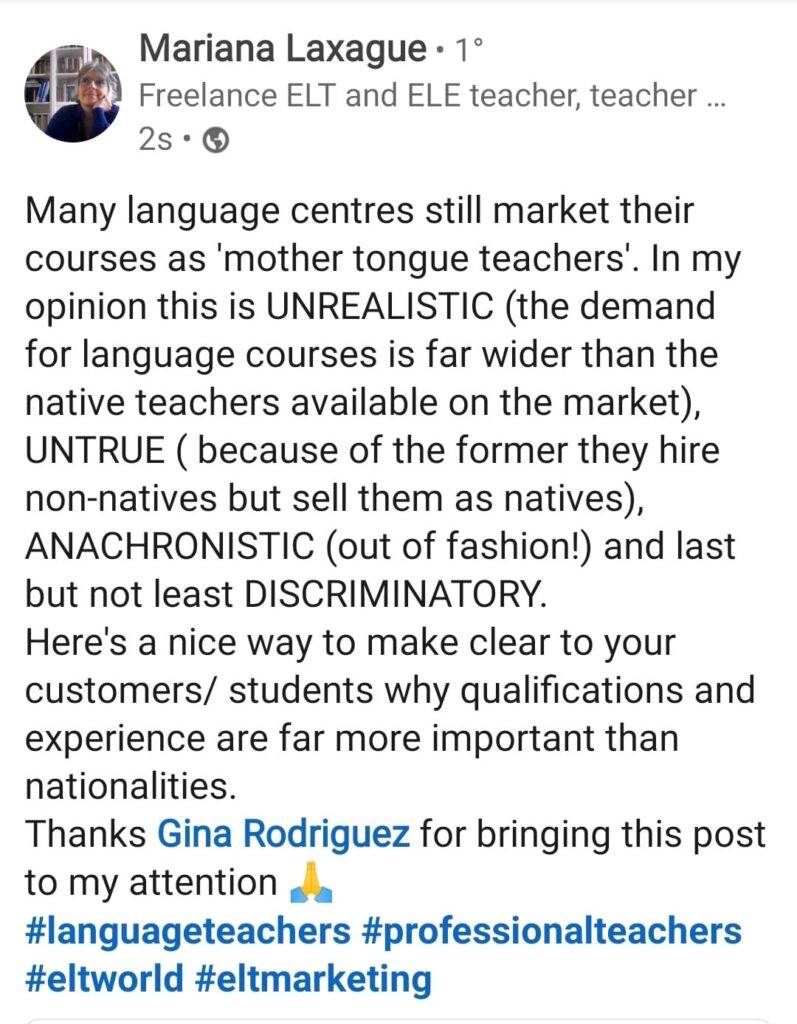
The Drawbacks of Relying on ‘Insegnanti Madrelingua’ in ELT Marketing
From a marketing point of view, using “insegnanti madrelingua” doesn’t put you at an advantage in the competitive ELT market. Although it may seem a smart way to advertise your language school, it actually puts you at the same level as your competitors. This is because nearly all language schools in the ELT market highlight “madrelingua” in their Facebook ads instead of highlighting what is unique.
The term “insegnanti madrelingua” is used by default in advertising language courses on social media. As as result, if you compare ads from different language schools in the same town, you will notice that they all offer native-speaker teachers. By doing so, you are not differentiating from your competitors. What’s worse, for a potential student comparing schools’ Facebook ads, nothing attractive in the advert makes the language centre stand out from others on social media paid posts.
Let me illustrate this. These are all ads from different schools. Which one offers something unique?
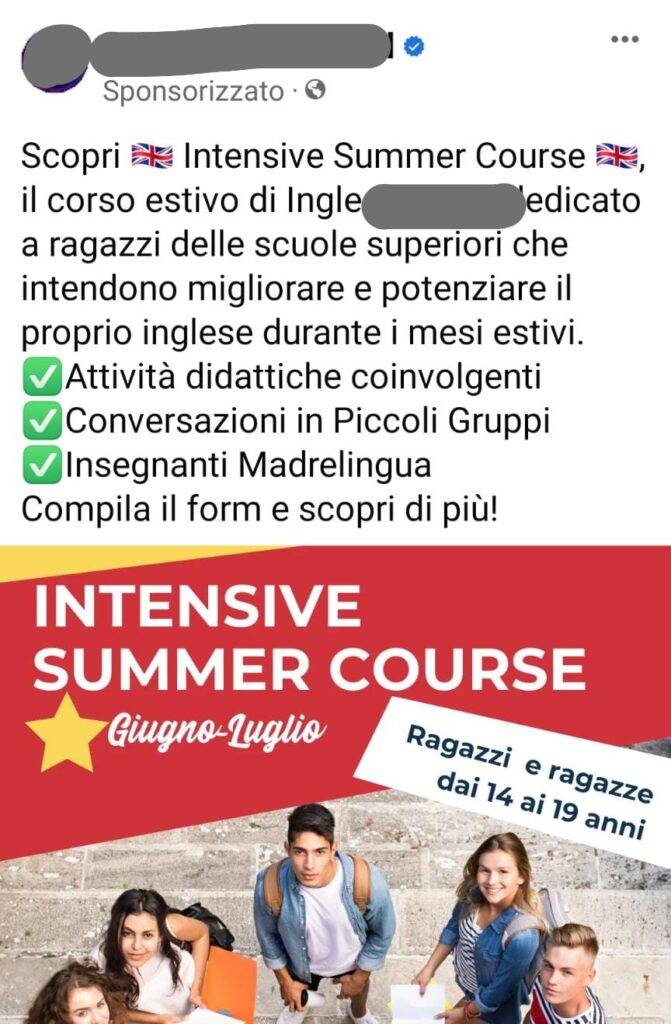

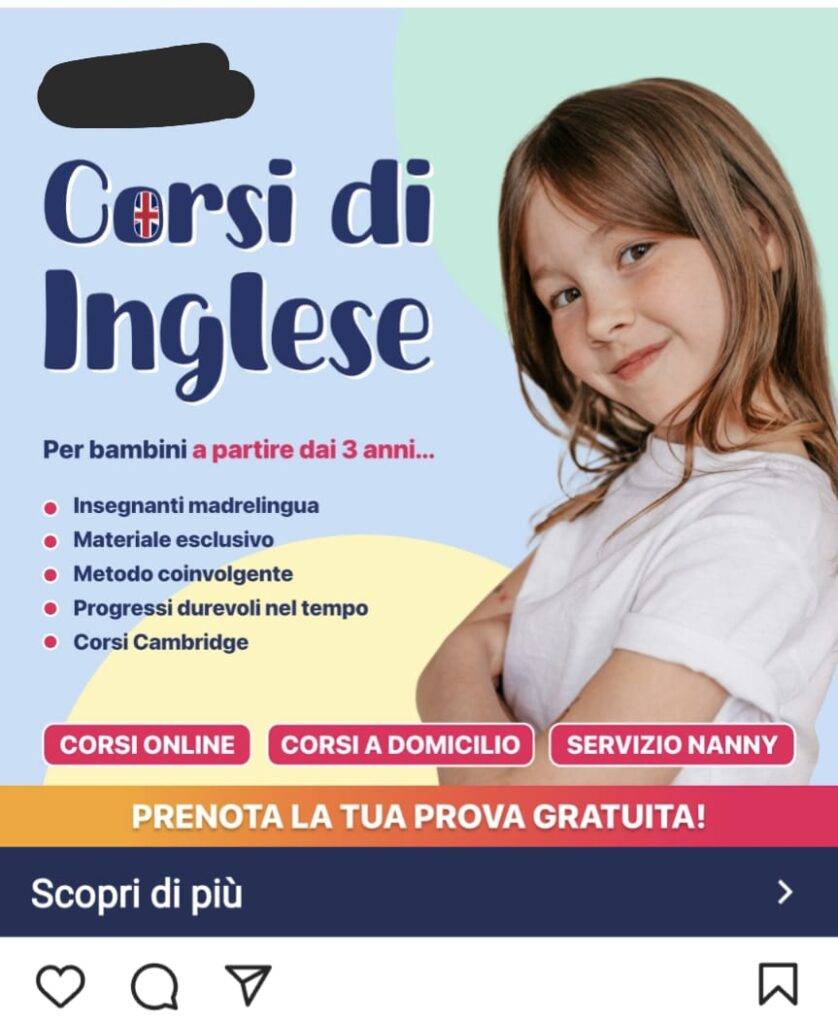
Differentiating from Competitors in the ELT Market on Social Media
So, when you quickly look at Facebook adverts from different language schools in the same area, you see a sad trend of them all looking the same. They are all offering small groups and mother-tongue English teachers.
In this scenario, potential students are left with little to differentiate beyond price.
However, it is widely known that embarking on a price war is a counterproductive strategy in the long run. So instead of lowering the price and fostering biases like native-speakerism, schools in the ELT market can adopt a more intelligent marketing approach.
The key is shifting the focus of the Facebook campaigns towards your authentic distinctive qualities, unique English language teaching approach and teachers’ expertise. These qualities should be so unique and excellent to the extent that the nationality of the teachers isn’t a deterrent.
The Influence of Non-ELT Marketers on Language School Ads
In most cases, social media ad campaigns are run by marketers from outside the ELT world.
These generalist marketers use the term “madrelingua” by default because they believe that learning English with a native speaker is all that matters. Obviously, coming from a non-educational background, they ignore that to teach a language, not only should you be proficient in the language but also it’s equally important to be qualified to do so.
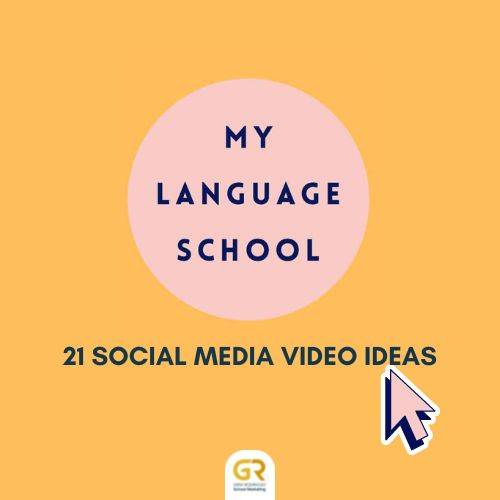
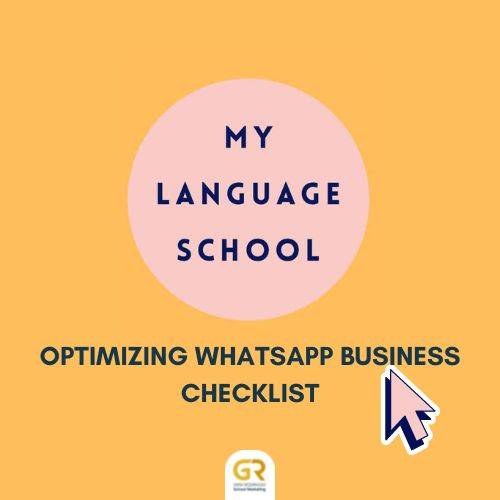

Marketers who are not specialized in ELT marketing ignore that a native-speaker without a TEFL qualification cannot bring the same value as a qualified teacher in ELT (regardless the nationality) and this explains why a generalist marketer uses the term as a unique selling point.
On top of this, they are not familiar with the consequences of fostering native-speakerism either. There’s a huge movement in ELT to stop native-speakerism. For this reason, fostering it in the language school’s communication sheds a bad light on the institution among the ELT community. This is so much so that the most respectful language schools in Italy and abroad have removed the term “madrelingua” from their websites and avoid using it in job ads too.
How can Language School Marketing Abandon “Madrelingua” on Facebook Ads?
There are two main ways to move beyond “madrelingua” in language school marketing:
One way is working with a marketer who specialises in ELT Marketing and understands it so well that you will never have to worry about uninspiring discriminatory ads.
The other option is, if you work with a generalist marketing agency, to:
Brief them about native-speakerism
Make sure they take the time to understand what your strengths are
Check every single version of the ads campaign before it goes live (copy and visuals)
Freelance Native-Speaker Teachers on Social Media
Many native-speaker teachers are against native-speakerism in ELT and recognize that taking advantage of nationality is a discriminatory practice. However, others take advantage of their nationality to promote their language services online which fuels the divide. There’s a better way for ELF native-speaker teachers to advertise their language services and to illustrate it I’ll quote Rachel Tsateri, DELTA-qualified teacher, trainer and blogger at TEFL Zone .
“Colleagues promoting themselves on social media as ‘native speakers‘. Please don’t use your ethnicity as a marketing strategy. Advertise your qualifications and experience instead.”
Rachel Tsateri, DELTA-qualified teacher, trainer and blogger at TEFL Zone .
5 Smarter ELT Marketing tactics to move beyond madrelingua
There is a way to do Inclusive ELT marketing and have more compelling Facebook ads without having to lean on the “madrelingua“ cliché. The key is to focus on the quality of education, teaching methods, and the overall learning experience your language school provides, rather than relying on nationality as a selling point.
Here are five smarter ways to market your language centre on paid ads:
1.Highlight Teaching Expertise: Showcase the qualifications, certifications, and teaching experience of your teachers. Emphasize their skills and knowledge in language education rather than their nationality. You can write for example: “Our teachers are passionate about language education, and dedicated to fostering a love for learning languages in every student.“
2. Share Student Success Stories: Share success stories of students who have had excellent results in their language learning journey at your school. Focus on their progress, achievements, and how your teaching methods contributed to their success.
3. Innovative Teaching Techniques: Share videos or photos that showcase innovative teaching techniques your school employs. Demonstrate how your instructors create engaging and effective learning experiences. Here are some ideas of what to write for those visuals: “We choose our teachers based on qualifications, experience and communication skills.“
4. Student Engagement: Post content that showcases student engagement in class activities. Highlight their enthusiasm, participation, and progress.
5.Language Progress: Share before-and-after examples of students’ language progress to demonstrate the effectiveness of your teaching methods. Use testimonials or visual representations to showcase improvements.
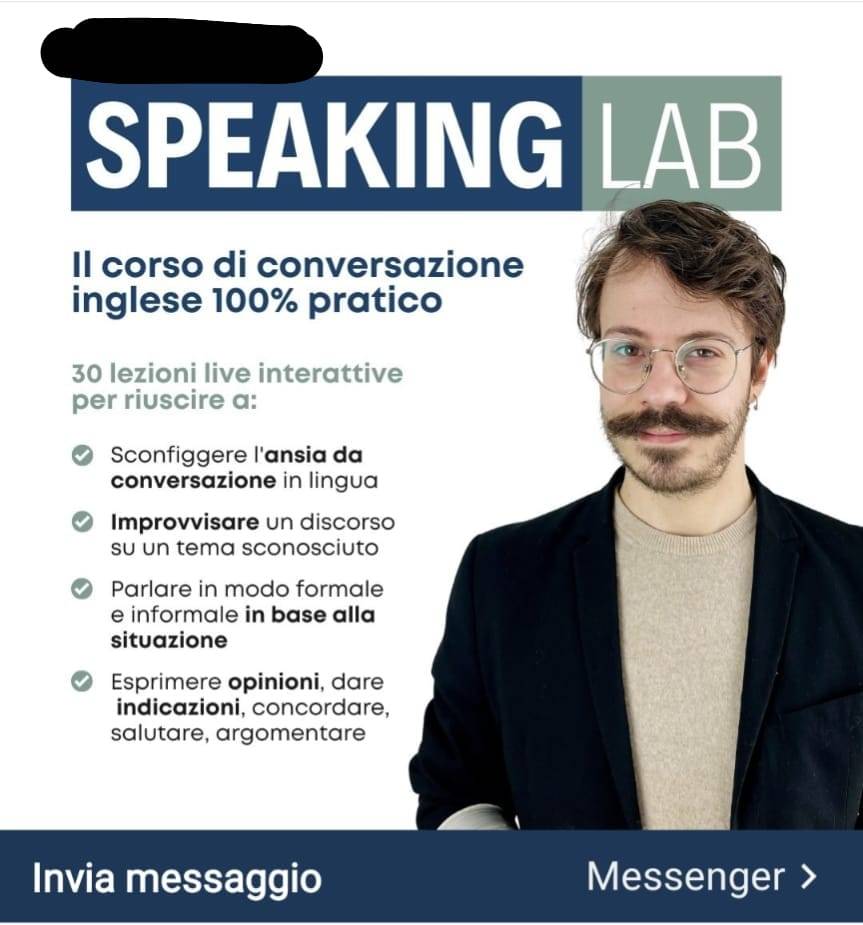
Conclusion
By moving away from a discriminatory marketing strategy and embracing an inclusive ELT marketing approach that highlights the genuine value your school offers you can truly differentiate on social media advertising.
I’m confident you have talent in your schools that if showcased on social media can set you apart from the competition. So, instead of confining yourself to the overused notion of ‘mother tongue” teachers, consider a fresh, inclusive perspective.
Finally, let me clarify that this article aims to assist language school owners and directors in reflecting on the centre’s strengths for more effective and healthy communication. It is important to note that this article is not about whether non-native or native teachers are superior.
Ready to take the next step in transforming your language institution’s marketing strategy? If you are ready to stand out on social media and are open to adopting an inclusive ELT marketing strategy for your language institution, I am here to guide you through a personalized consultation.

Contact me today to start the journey toward showcasing your strengths effectively in your social media campaigns.


